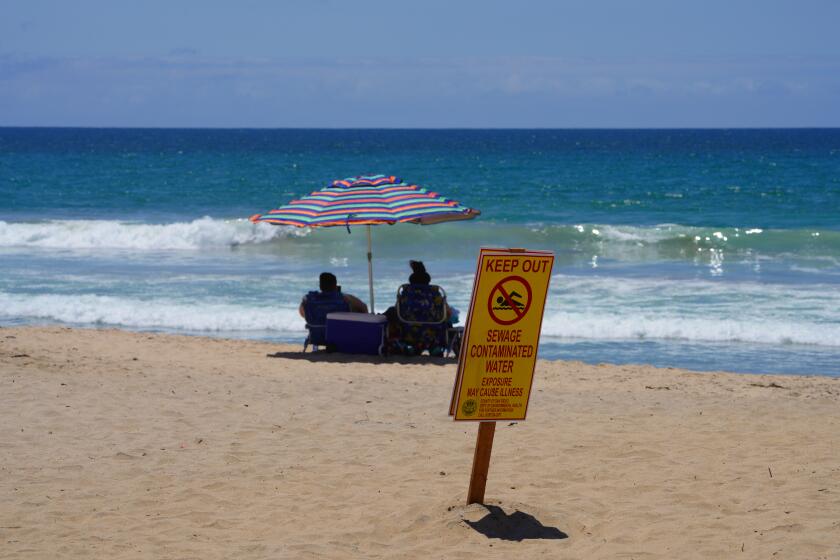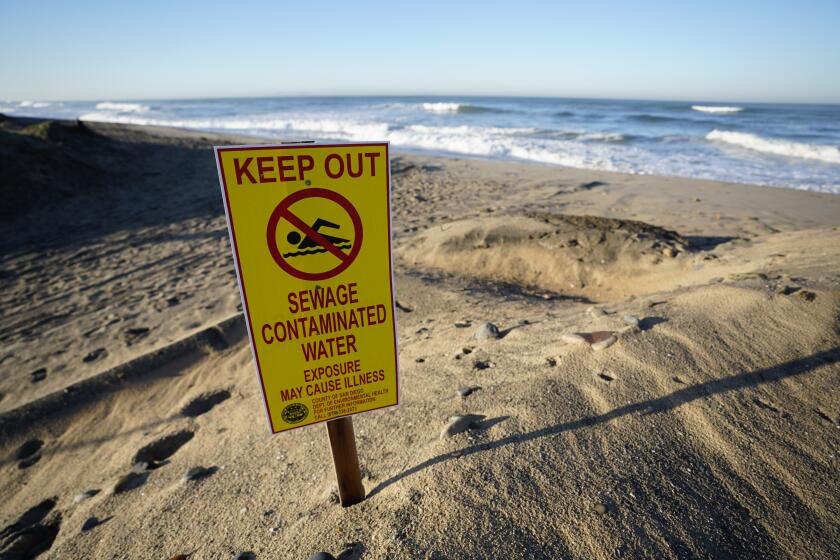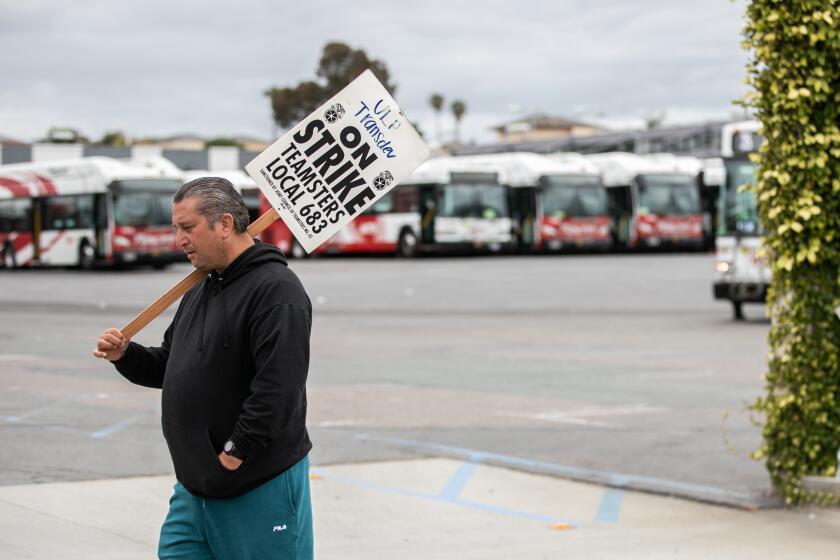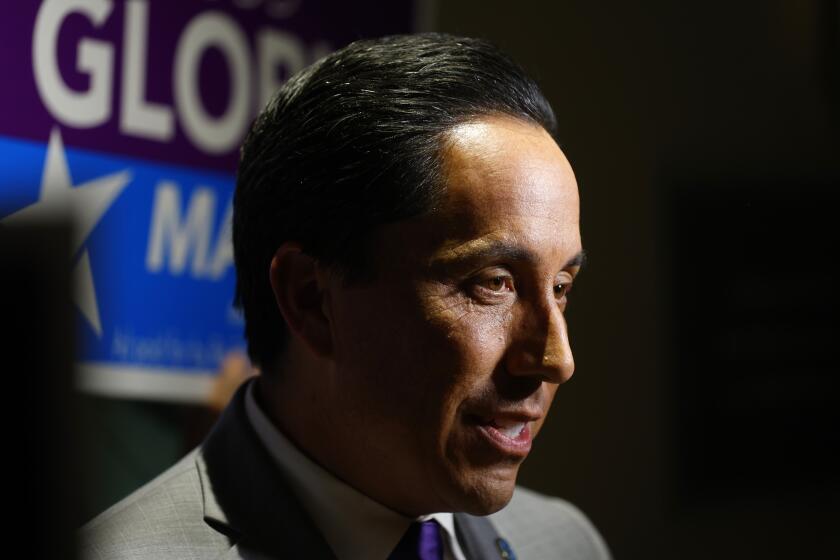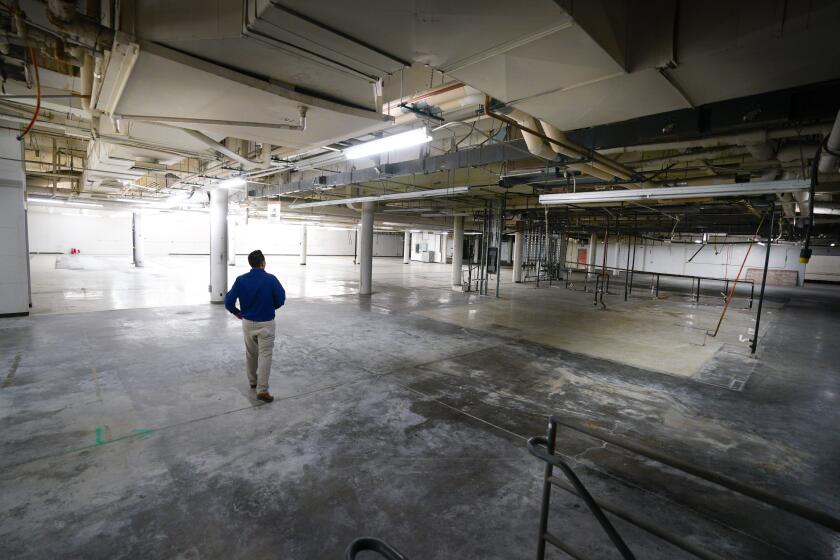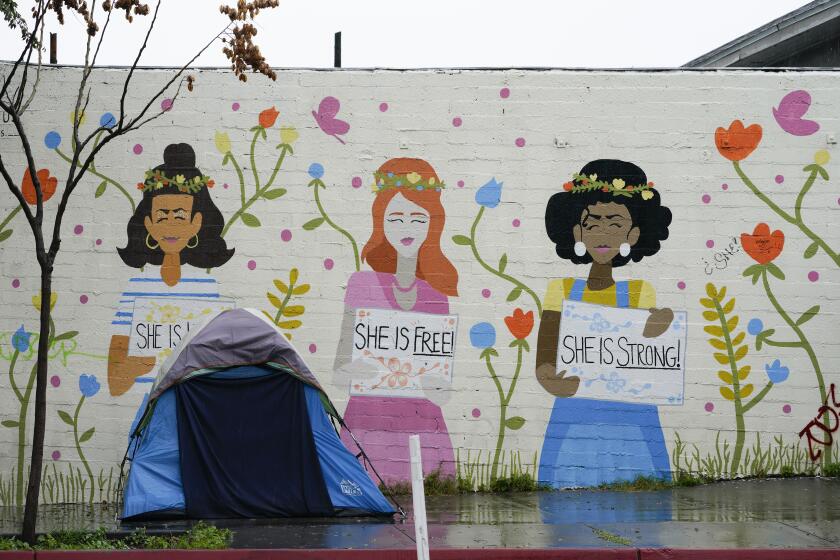City attorney probe finds 98 cases bungled
2 prosecutors departed after internal review involving domestic violence files
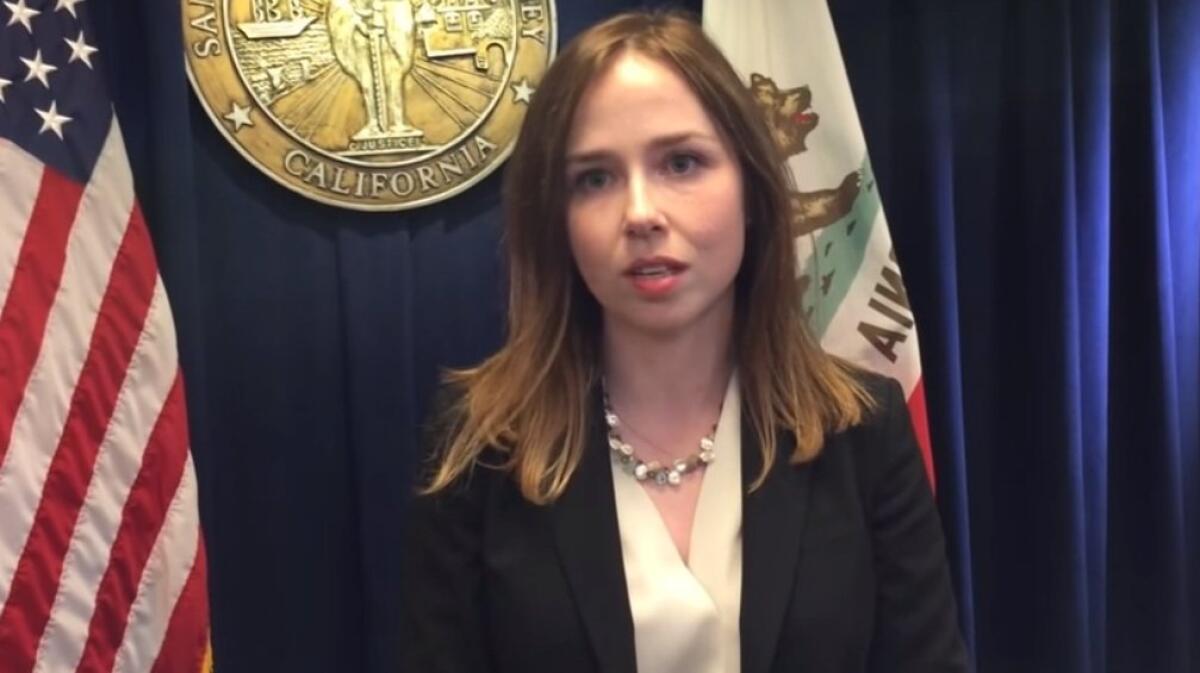
Two top prosecutors left the San Diego City Attorney’s Office in November after an internal investigation found 98 bungled cases, including several in which a missed deadline meant someone accused of domestic violence went without prosecution.
The cases that were not fully reviewed and processed were discovered in November, City Attorney Jan Goldsmith said. He declined to identify the lawyers involved, because it was a confidential personnel matter.
The San Diego Union-Tribune learned from four other sources that the employees held responsible were former Deputy City Attorney Miriam Milstein and her superior, Marlea Dell’Anno, the former assistant city attorney who had run the criminal division since 2012.
The investigation revealed that as many as 50 case files had been physically removed from the office and were at Dell’Anno’s home for months. They were returned after the investigation launched in November, but Goldsmith said that the one-year statute of limitations — the legal deadline to file charges — expired on a number of cases that were part of the batch removed from the office.
Milstein has since landed a new job. She was hired as a prosecutor by San Diego County District Attorney Bonnie Dumanis, whose office handles more serious felony cases, as opposed to misdemeanors in Goldsmith's office. Milstein started her new job on Jan. 8.
It’s unknown what factors might have contributed to the mishandling of the cases, which took place from 2012 to 2015. Goldsmith declined to discuss what his internal investigation found, citing personnel confidentiality again. He said there was no excuse for making such an elemental mistake.
“It’s inexcusable to let a statute of limitations expire in any case, let alone a domestic violence case,” Goldsmith said. “There is absolutely no excuse, absolutely none.”
In 81 of the problem cases, the legal deadline passed, according to Goldsmith's review. Of those, 62 had been reviewed and a decision was made not to file formal charges because there was insufficient evidence. But paperwork to officially dispose of the cases was not filed.
An additional 19 cases languished too long without a decision even though Goldsmith’s review later determined the cases should have been filed. Fifteen were domestic violence charges, two were indecent exposure, one was a theft from an elder and one was late registration by a sex offender.
After the statute of limitations expired, it was legally impossible to file any charges.
A final group of 17 cases were still within the timeframe to be filed. Eventually, charges were filed in four cases; three defendants pleaded guilty and one is pending. The remaining 13 cases were not pursued either because there was insufficient evidence, or victims did not wish to prosecute, according to a tally supplied by the City Attorney’s Office.
Milstein was a top prosecutor in the domestic violence unit for several years. When she landed at the San Diego County District Attorney’s Office, she was prominently featured in a promotional video about the new class of prosecutors.
“I want to be that person in my community who people know will take their oath seriously to keep them safe,” Milstein said in the video.
Milstein did not respond to several requests for comment over the past week. Dell’Anno declined to comment.
The mishandled cases represent a fraction of the roughly 2,500 cases city prosecutors review each year. Over the past four years some 10,306 cases were brought in, and less than half were actually issued.
Of the cases that are issued, more than 95 percent ended in a conviction in 2015 and so far this year, according to data supplied by the City Attorney’s Office.
The misdemeanor cases can be challenging to prosecute: often there is no evidence of physical injury, the evidence is weak or victims don’t want to prosecute, said John Hemmerling, the new leader of the criminal division.
The internal investigation began on Nov. 6, when Hemmerling — who had just been appointed the new criminal division chief — found 48 case files that hadn’t been processed, lacking any court number or court date or a rejection number. A few days later another prosecutor, domestic violence unit chief Nicole Crosby, conducted an audit of all case files and found another 50 cases were also not processed.
In an hour-long interview with U-T Watchdog last week, Goldsmith said that a February 2015 memo about the cases had been written but “it stayed in the criminal division and did not come up to me.”
He declined to release the memo or describe what it specifically said.
After sorting out the cases, victims were told that the cases were not being pursued. Some were informed by letter and some by phone calls. None were informed that their case was dropped because the statute of limitations had expired, Goldsmith said.
Goldsmith said he was willing to meet with any of the victims, but none took him up on the offer.
He said he was “outraged” about the botched cases and removed files and called it the worst management experience of his tenure.
“It’s misdemeanors, but it’s important,” he said. “It’s the type of cases where you want to support the victims.”
Goldsmith said that since the incident, new procedures have been put in place to assure no more cases are mishandled. Quarterly audits of case status are now done that track the location and progress of each file that has come in.
The investigation also checked to see whether any of those whose cases missed the deadline have been arrested subsequently. None have.
It’s unknown if the District Attorney’s office knew about the trouble with Milstein’s caseload before hiring her. District Attorney spokeswoman Tanya Sierra said in a statement that the DAs office “conducts extensive background checks on all Deputy DA applicants. They are thoroughly vetted prior to being offered employment.”
Goldsmith said the DA’s office routinely reviews personnel files of his employees when considering a hire.
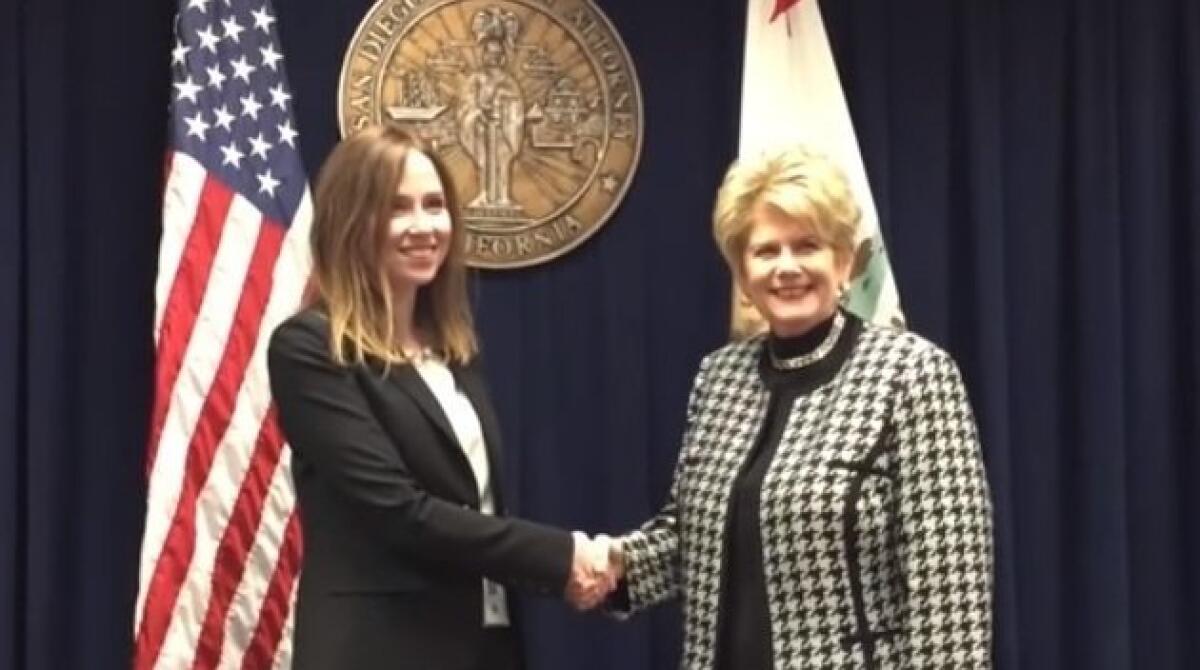
Get Essential San Diego, weekday mornings
Get top headlines from the Union-Tribune in your inbox weekday mornings, including top news, local, sports, business, entertainment and opinion.
You may occasionally receive promotional content from the San Diego Union-Tribune.



